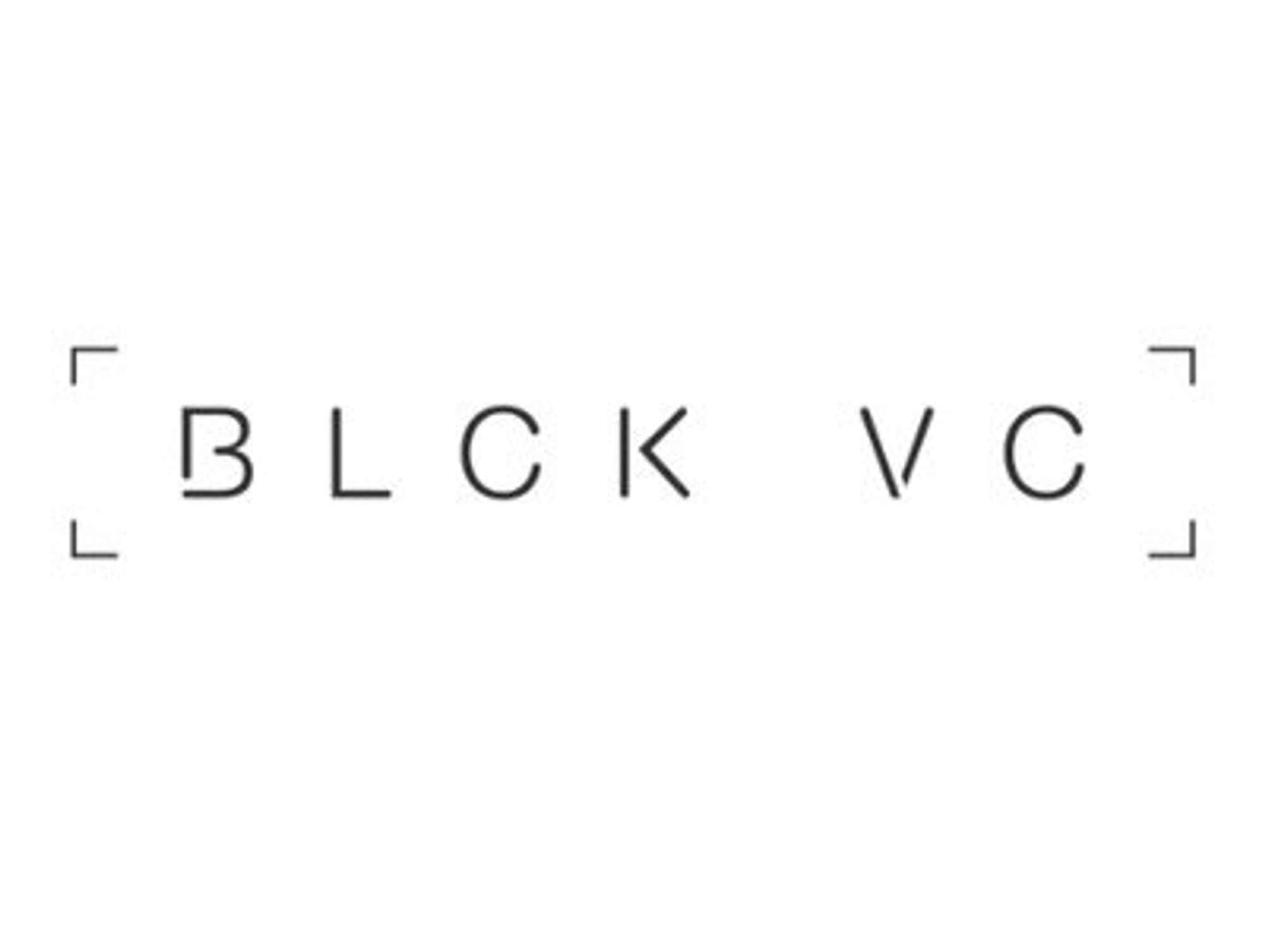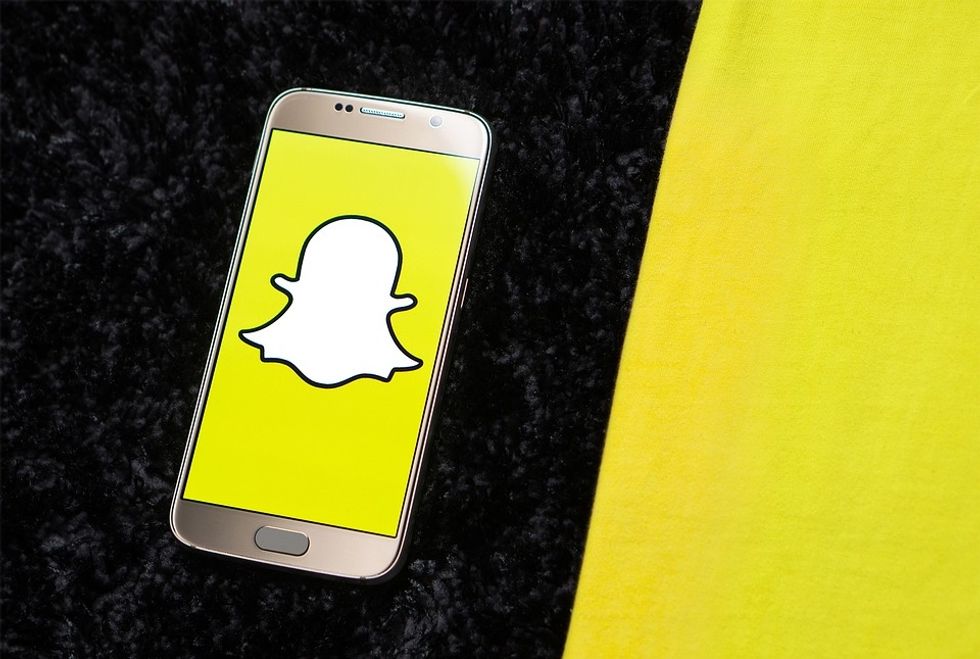George Floyd Update: Disney Will Donate $5M to Social Justice Groups; a16z Announces Diversity Fund

Here are the latest headlines regarding how the protests around the killing of George Floyd are impacting the Los Angeles startup and tech communities. Sign up for our newsletter and follow dot.LA on Twitter for the latest updates.
Today:
- Disney will donate $5M to Social Justice Groups
- Blck VC group launches 'We Won't Wait' campaign
- a16z VC firm launches fund to target diverse founders
- Snap stops promoting Trump's account in its Discover feature
Disney will donate $5M to Social Justice Groups

ABC's TV sitcom Blackish aired two "monumental and timely episodes" this week.
The Walt Disney company announced Wednesday that it will donate $5 million to nonprofit groups fighting for social justice, starting with a $2 million donation to the NAACP.
"The killing of George Floyd has forced our nation to once again confront the long history of injustice that black people in America have suffered, and it is critical that we stand together, speak out and do everything in our power to ensure that acts of racism and violence are never tolerated," said Disney chief Bob Chapek in a statement. "This $5 million pledge will continue to support the efforts of nonprofit organizations such as the NAACP that have worked tirelessly to ensure equality and justice."
In a statement, the company pointed to its previous social justice initiatives, including providing "millions of dollars in grants to help students from underrepresented groups make the dream of higher education a reality, including $2.5 million to the United Negro College Fund." Disney also noted that it matches employee donations to "eligible organizations" and that on Tuesday it re-aired two "monumental and timely episodes" of Black-ish on its ABC television networks before a primetime special titled "America in Pain: What Comes Next?"
In its quarterly earnings released last month, Disney reported nearly $40 billion in revenue in the six months to March 28, 2020. Net income over the same period was down 68% from the year prior, however, as most of the company's business units have been battered by the coronavirus pandemic.
— Sam Blake
Blck VC group launches 'We Won't Wait' campaign

Venture capital has fueled billions of dollars in wealth but it has largely excluded black Americans. Only 1% of venture-funded startup founders are black and more than 80% of venture firms don't have a single black investor.
Blck VC, a group of young black investors and entrepreneurs are calling on the venture capitalist community to diversify their ranks and support the black community. Declaring Thursday, June 4th, a day of action, the group launched a campaign called "We Won't Wait." Read more >>
— Rachel Uranga
a16z VC firm launches fund to target diverse founders

Ben and Felicia Horowitz will match up to an additional $5,000,000 total in any other donations.
One of Silicon Valley's most prominent venture capital firms announced Wednesday it is launching a new fund designed for entrepreneurs who have the talent, drive and ideas to build great businesses, but lack the background and resources to do so.
In a blog post, the firm says it has been working on the fund for six months. However, the timing of the news this week is fortunate for an industry with a serious diversity problem.
a16z plans to fund a small group of founders in the first year, then expand after that. The initial capital will come from $2.2 million in donations from partners. Ben and Felicia Horowitz will match up to an additional $5 from other donations as well. The firm will invest in exchange for equity in the business, but all returns will stay in the fund to finance future entrepreneurs, which aims to back products from underserved communities that also have an "interesting model, niche market, and/or a little traction to indicate the promise and potential."
"We're venture capitalists, not activists," the firm said in its post. "Entrepreneurship hasn't been accessible to everyone, but the fact remains that being an entrepreneur is one of the most powerful ways to own your own future, to increase mobility across time and place, to invent new ways of doing things, and to forge a new system. As we emerge from this tragic moment, let's build.
dot.LA co-founder and executive chairman Spencer Rascoff is a board partner at a16z.
— Ben Bergman
Snap removes Trump's account from its Discover feature
 Sam Blake
Sam BlakeSnap has decided to no longer feature President Donald Trump's account on its Discover platform, where users can watch curated videos.
The Santa Monica-based company issued a statement Wednesday:
"We are not currently promoting the President's content on Snapchat's Discover platform. We will not amplify voices who incite racial violence and injustice by giving them free promotion on Discover. Racial violence and injustice have no place in our society and we stand together with all who seek peace, love, equality, and justice in America."
A Snap spokesperson said the company made the decision over the weekend. On Sunday, Snap CEO Even Spiegel wrote to his employees, condemning racial injustice. Read more >>
— Sam Blake
- Blavity CEO Morgan DeBraun Calls for Action After George Floyd ... ›
- George Floyd Protests: Music Industry Vows 'Blackout Tuesday' ›
- George Floyd Protests: Scooters Used as Barricades, LA Under ... ›
- George Floyd Protests: L.A.'s Tech Community Reacts - dot.LA ›
- Santa Monica, Beverly Hills announce 1 pm curfews - dot.LA ›
- George Floyd Update: Los Angeles County and City Lift Curfews - dot.LA ›
- George Floyd Protests: Why This Time Feels Different - dot.LA ›
- George Floyd Videos Were Watched Over 1.4 Billion Times - dot.LA ›
- National Venture Capital Association Launches Diversity Nonprofit - dot.LA ›
- Can Venture Capital Solve Its Whiteness Problem? - dot.LA ›
- Navigating the Venture Capital World as a Black Person - dot.LA ›
- Two LA Funds Focusing on Diversity Get PayPal Infusion - dot.LA ›
- a16z’s Andrew Chen on on Gaming and Online Dating - dot.LA ›
- A16z’s Megan Holston-Alexander on Building Generational Wealth - dot.LA ›
- Venture Capitalists Flock to LA for the Deals—and the Beach - dot.LA ›



 Image Source: Skyryse
Image Source: Skyryse
 Image Source: Northwood Space
Image Source: Northwood Space